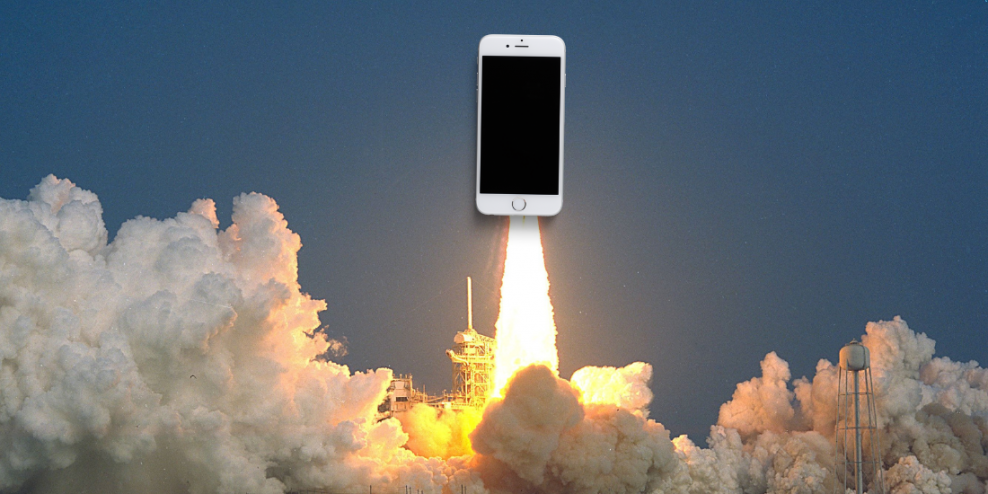The cost of cell phone service in Canada ranks up there on the global market. We pay as much 8 times more per gigabyte (GB) of data than cell phone users in many other countries.
So, what gives? It’s simple.
Our federal government has allowed an oligopoly of three providers, Rogers, Bell and Telus, to charge whatever they want for far too long. The big three rope people into multiyear contracts to get marginally better prices.
The fact is, Canadians are getting gouged and we quietly accept it—or at least, our government does.
Canada is big. Covering it with cell towers is obviously expensive.
But does that explain why, in Israel, a local package of unlimited calls, texts, and 230GB of data costs only $12 per month? Including taxes?
That’s a fraction of what we pay in Canada. For example, a comparable plan with Rogers starts at $95 plus tax.
Yep, $95.
Interestingly, a decade or so ago the Israeli wireless market was similar to Canada’s. It was controlled by a few companies making excessive profits.
In 2021, Rogers Communication earned roughly $1.5 billion in net income. Company president and CEO Tony Staffieri takes home nearly $5 million annually.
He’s not worried about his cell phone bill.
The difference between Israel and Canada is that Israel decided to do something about wireless rates. They allowed new providers to buy network access from the big players and operate under their own brand.
This approach, which is also referred to as mobile virtual network operator (MVNO), resulted in fierce competition and led to a whopping 90 percent decline in wireless costs in Israel.
Unfortunately, the Canadian Radio-television and Telecommunications Commission (CRTC), the agency responsible for broadcasting and telecommunications, doesn’t have the spine to make similar changes here.
We all know prices in Canada are way too high. In 2019, the Competition Bureau Canada put the federal government on notice. It said it had to do something to reel in the oligopoly and give cell phone users a break.
But instead of making big changes to lower our monthly wireless bills, the CRTC seems satisfied to make minor tweaks.
François-Philippe Champagne, Minister of Innovation, Science and Industry, recently tooted his government’s horn for delivering on a promise to cut rates for 2GB-6GB plans by 25 percent.
But this is classic smoke and mirrors. First, most people need way more data than that now. And second, prices have dropped around the world by at least that much.
Canada has a reputation for being soft on corporate concentration and propping up unnecessary monopolization of markets.
Canadians are already feeling the pinch of inflation. That’s why we deserve much better from the people who regulate our wireless networks.












